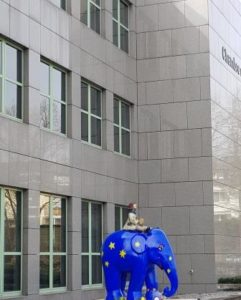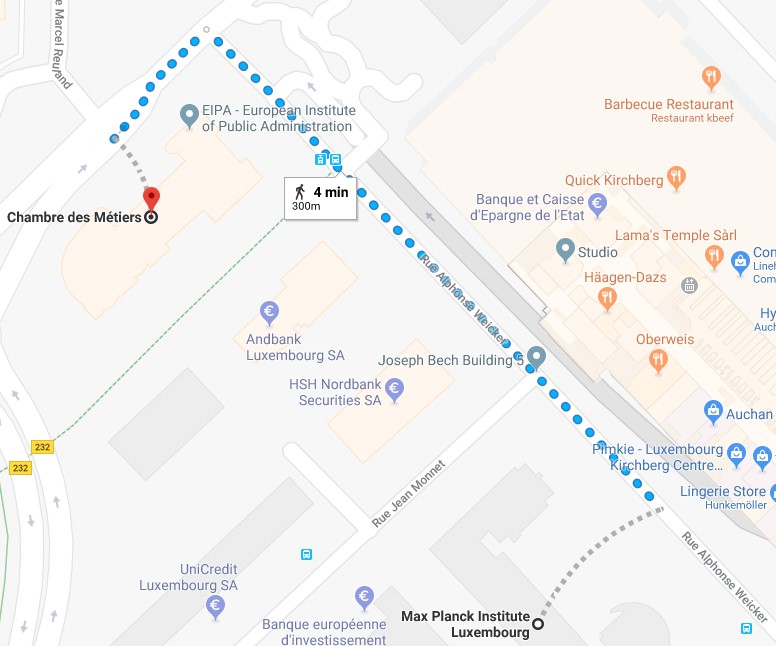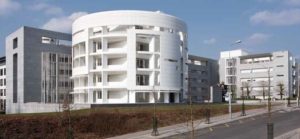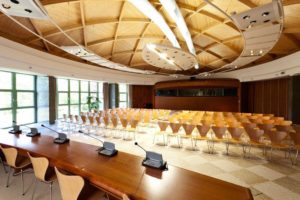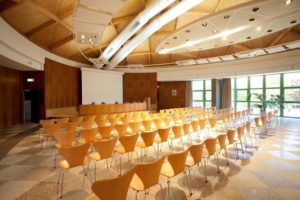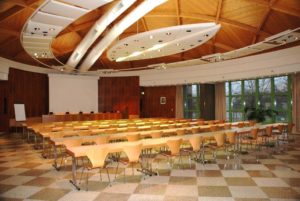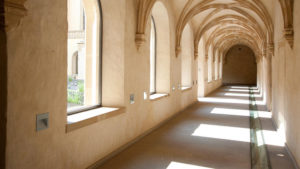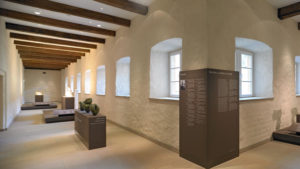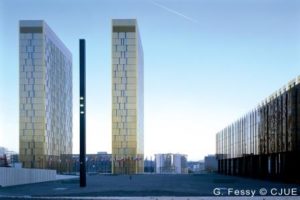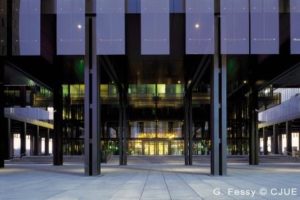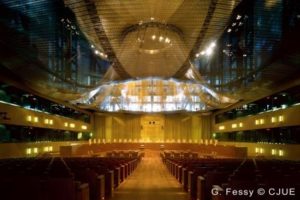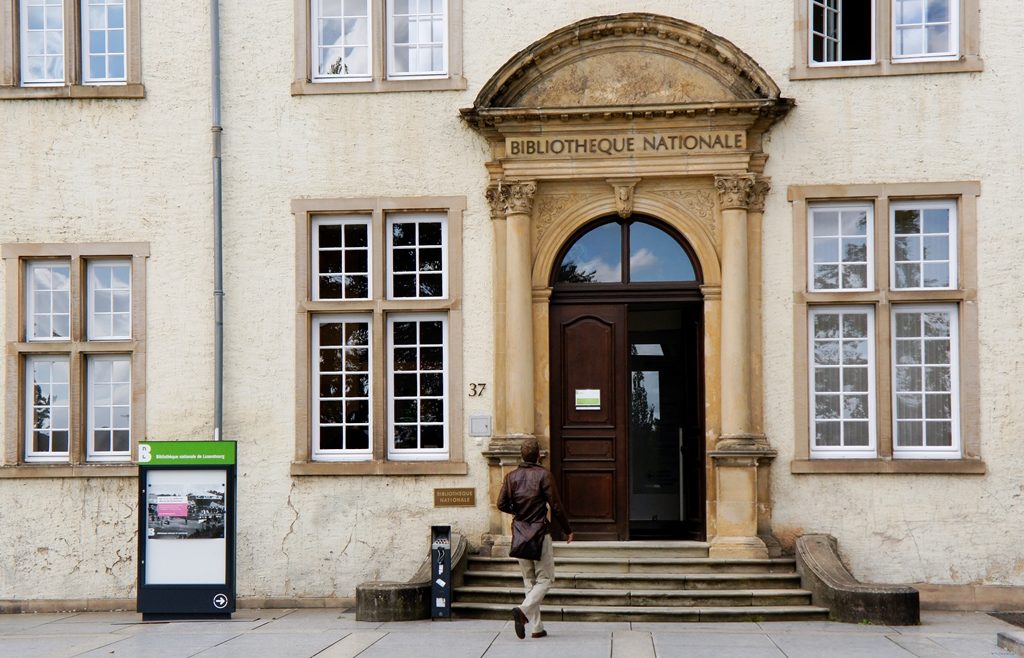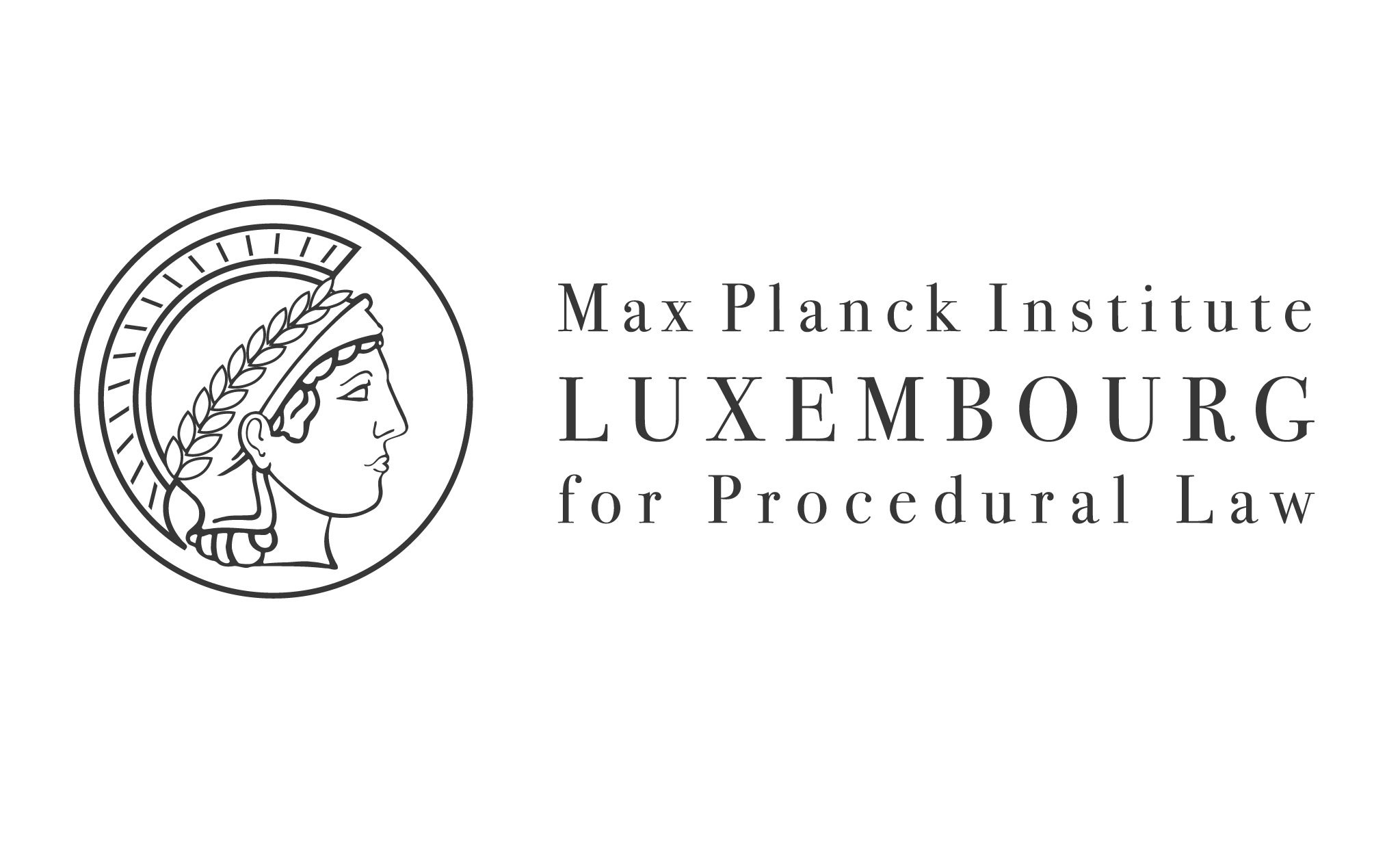Main conference venue:
Chambre des Métiers (Chamber of Trades of the Grand Duchy of Luxembourg)
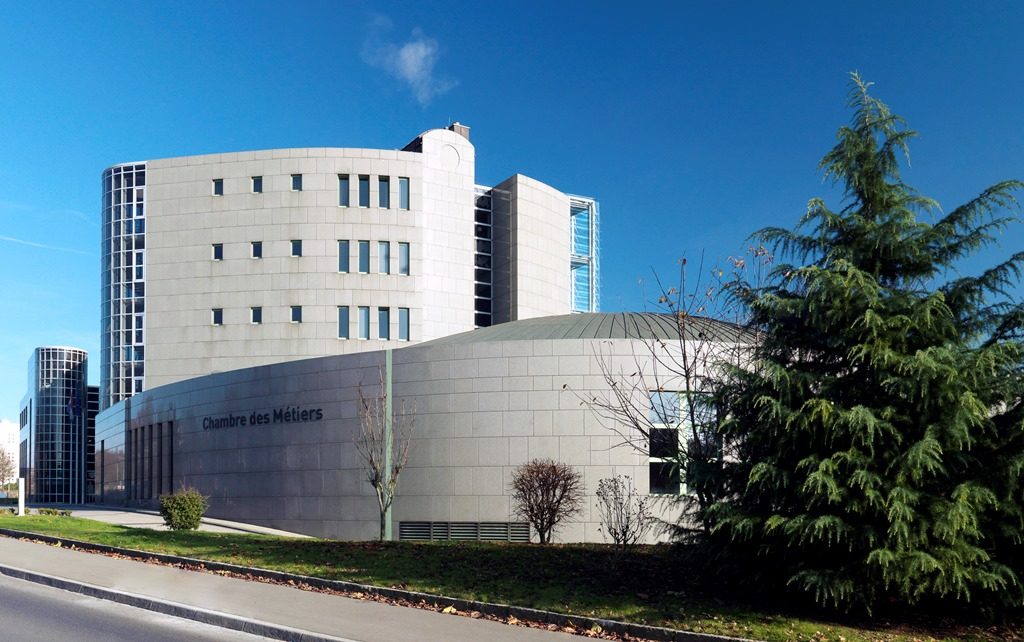 |
|
The Chambre des Métiers is located on the Kirchberg Plateau, which is in the Northeast of Luxembourg City centre.The conference venue is within a short walk from the Max Planck Institute Luxembourg for Procedural Law. |
The large multifunctional space on the ground floor of the building will be available for the IALL conference. The conference sessions will be held in the spacious conference room on the ground floor.
The open, light-flooded foyer will be the space for the vendors’ exhibitions and breaks.
Neumünster Abbey
The Neumünster Abbey Cultural Exchange Center (neimënster), inaugurated in May 2004 after ten years of restoration work, is located in the heart of the old quarter, on an itinerary which is classified Unesco world heritage. Located in a spectacular setting, this group of buildings, which have come through four centuries of turbulent history, is now dedicated to cultural projects and is at the same time a marvellous site for grand events. Within its 12.000 square meters, about 700 such events are organized each year on this site which is open to all and which looks to be a place of exchange by allowing “the dialogue of cultures and the culture of dialogue”.
The names of three buildings, which make up the Center have special significance. This was done within a context of respect for a past which is pregnant with meaning. Lucien Wercollier gave his name to the Abbey’s cloister, Robert Bruch to the criminal building and Robert Krieps to the workshop which then became Tutesall.
A majestic setting, an impressive set of buildings, spaces adapted to large productions, to creations as well as to smaller-size events, the CCRN has asserted itself since its opening in 2004, as a very original and polyvalent Center for reception and creativity.
The former Abbey is built on three levels that surround the courtyard (Agora Marcel Jullian) and the cloister. Permanent and temporary expositions, a multimedia production space, restaurants, brasseries, interactive information, meeting rooms, conference rooms, pressroom and the reception area are some of the many functions of this space. Close to the main reception hall, the Lucien Wercollier cloister houses the works of this great sculpture. These hallways, the contemporary garden, and the terrace offer intimate and serene places for receptions and strolls in a setting, which is both pleasant and prestigious.
Opening Reception and Dinner Cocktail – Sunday, 30 September 2018
After the pre-conference workshop, the opening ceremony and a guided tour of the inner city of Luxembourg a dinner cocktail will be offered at Neumünster Abbey, in the Lucien Wercollier Cloister.
The venue is named after the great Luxembourger sculpteur Lucien Wercollier. After refusing to register with the Nazi Kulturkammer, Lucien Wercollier participated in the National Strike of 1942. Arrested by the Nazis, he was imprisoned in the Grund prison (within the walls of the Abbey of Neumünster) from September 4th to September 19th 1942, before being deported to Hinzert, Lublin then to Silésia.
IALL Annual Dinner – Wednesday, 03 October 2018
The IALL Annual Dinner will take place at the Neumünster Abbey in the Nic Klecker space, which is covered by an extraordinary wooden framework and reserved especially for great events. The venue offers a spectacular view over the glass canopy and the old city of Luxembourg. This area is named for Nic Klecker (1928-2009), French language poet and prose writer, humanist and committed, who was also co-founder of Amnesty International – Luxembourg of which he was the first president.
Court of Justice of the European Union (CJEU)
On Wednesday, 03 October 2018 in the afternoon, the delegates will be invited to the Court of Justice of the European Union. They will have the opportunity to have a guided tour of the buildings and visit the Court’s Library.
The Court of Justice of the European Union was originally established in 1952. It interprets EU law to make sure it is applied in the same way in all EU countries, and settles legal disputes between national governments and EU institutions. The CJEU consists of two courts: the Court of Justice and the General Court (created in 1988). The Civil Service Tribunal, established in 2004, ceased to operate on 1 September 2016 after its jurisdiction was transferred to the General Court in the context of the reform of the European Union’s judicial structure.
Bibliothèque Nationale de Luxembourg (BNL)
The National Library of Luxembourg is a multifunctional library that preserves, collects and catalogues all publications issued in Luxembourg as well as all those issued abroad relating to the Grand Duchy. It has been the country’s central cultural, scientific and research library since its founding. Around two thirds of the books in stock originate from abroad and cover all fields of knowledge. Besides the more than 1.7 million paper publications, the BnL additionally offers users an ever-growing number of digital resources: electronic journals, e-books and databases. The BnL coordinates the bibnet.lu network, counting 83 Luxembourgish libraries.
The National Library is open to everyone, and strives to enhance the value of its heritage collections on a national and international level. It facilitates research and enables access to information.
Max Planck Institute Luxembourg for Procedural Law (MPI)
The Pre-Conference Workshop on Sunday, 30 September 2018 will be held at the Max Planck Institute.
On Tuesday, 02 October 2018, delegates are invited to visit the Institute and its library before being invited for a reception, which will be organised in the conference area on the fourth floor and – depending on weather conditions – on the roof terrace of the building.
Procedural law matters – this could be the leitmotif for the new Max Planck Institute Luxembourg for International, European and Regulatory Procedural Law. The Institute has started its work in fall 2012 at its temporary location on the Kirchberg plateau, where you can see from the reading room the towers of the European Court of Justice. The inauguration of the Institute took place on 8 May 2013 in the presence of the Grand Duke of Luxembourg.
The Institute is the first Max Planck Institute on legal matters outside the German borders. It owes its existence to the Grand Duchy of Luxembourg which finances the Institute entirely, as a part of a broader strategy of the local government to develop Luxembourg as a centre for academic excellence and higher education. The location in Luxembourg is ideal for a Max Planck Institute focusing on procedural law: Luxembourg is indeed the synonym for the constant development and expansion of the legal systems of the EU Member States by means of European law and of the jurisprudence of the Court of Justice of the European Union. The new MPI will establish a continuous and productive dialogue with the European courts and institutions. A close cooperation in research and in teaching with the faculty of law of the University of Luxembourg is envisaged.
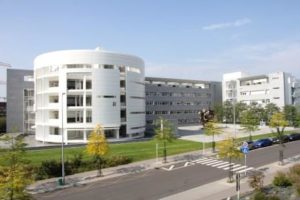 |
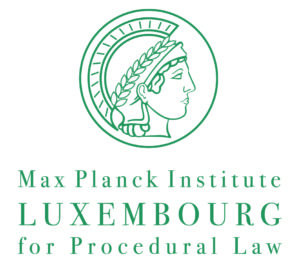 |
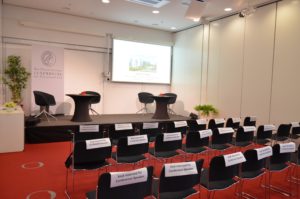 |
About the MPI Library
Being the heart of the Institute, the MPI Library was already established in the fall of 2012. The primary mission of the library is to assist the academic research by providing quality information with modern technical means.
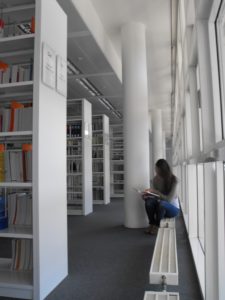 |
The library collection consists currently of over 50.000 volumes in 30 languages. The Library subscribes to 120 journals in print and provides access to major law databases, 24.000 electronic journals and 500 eBooks.
